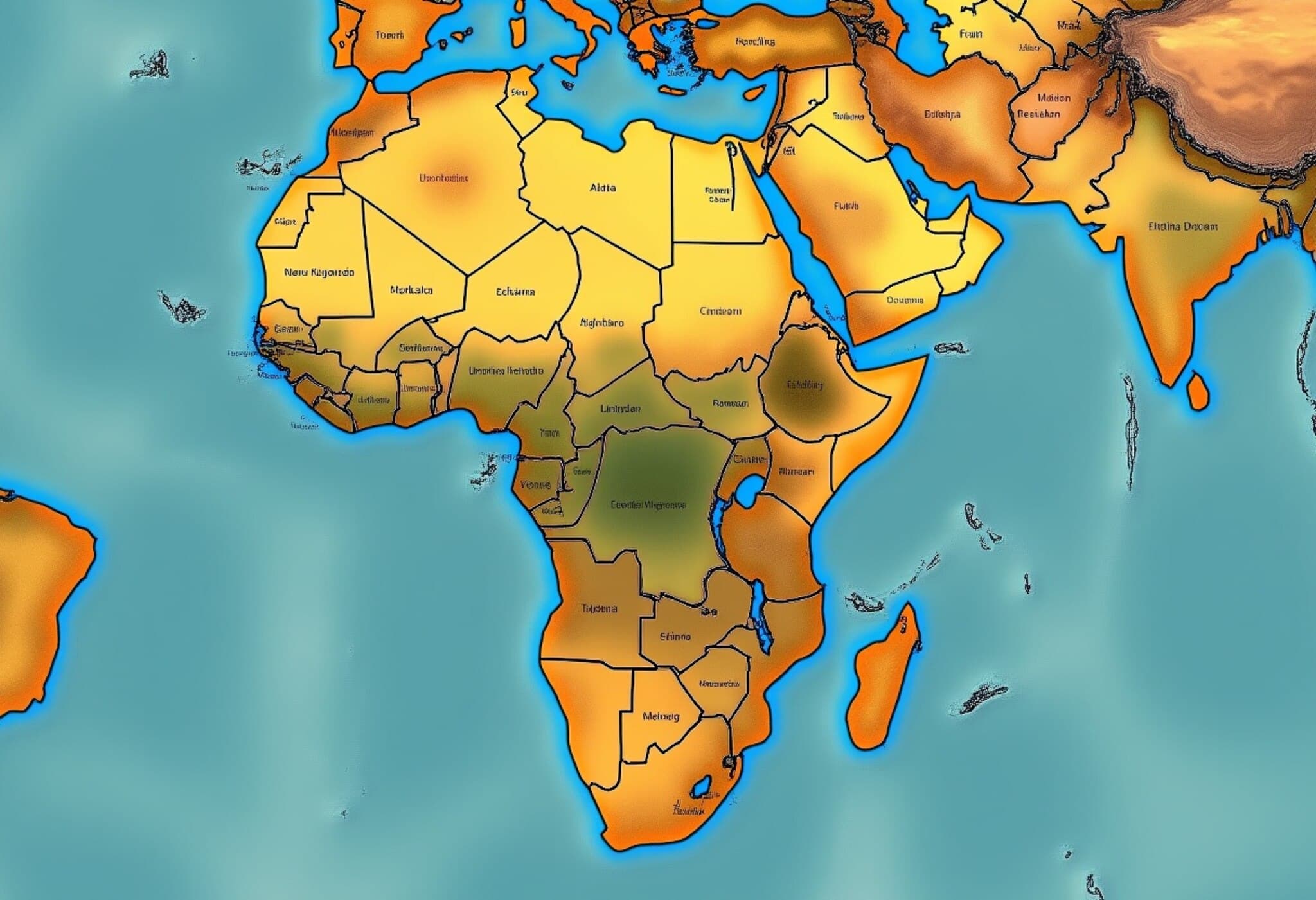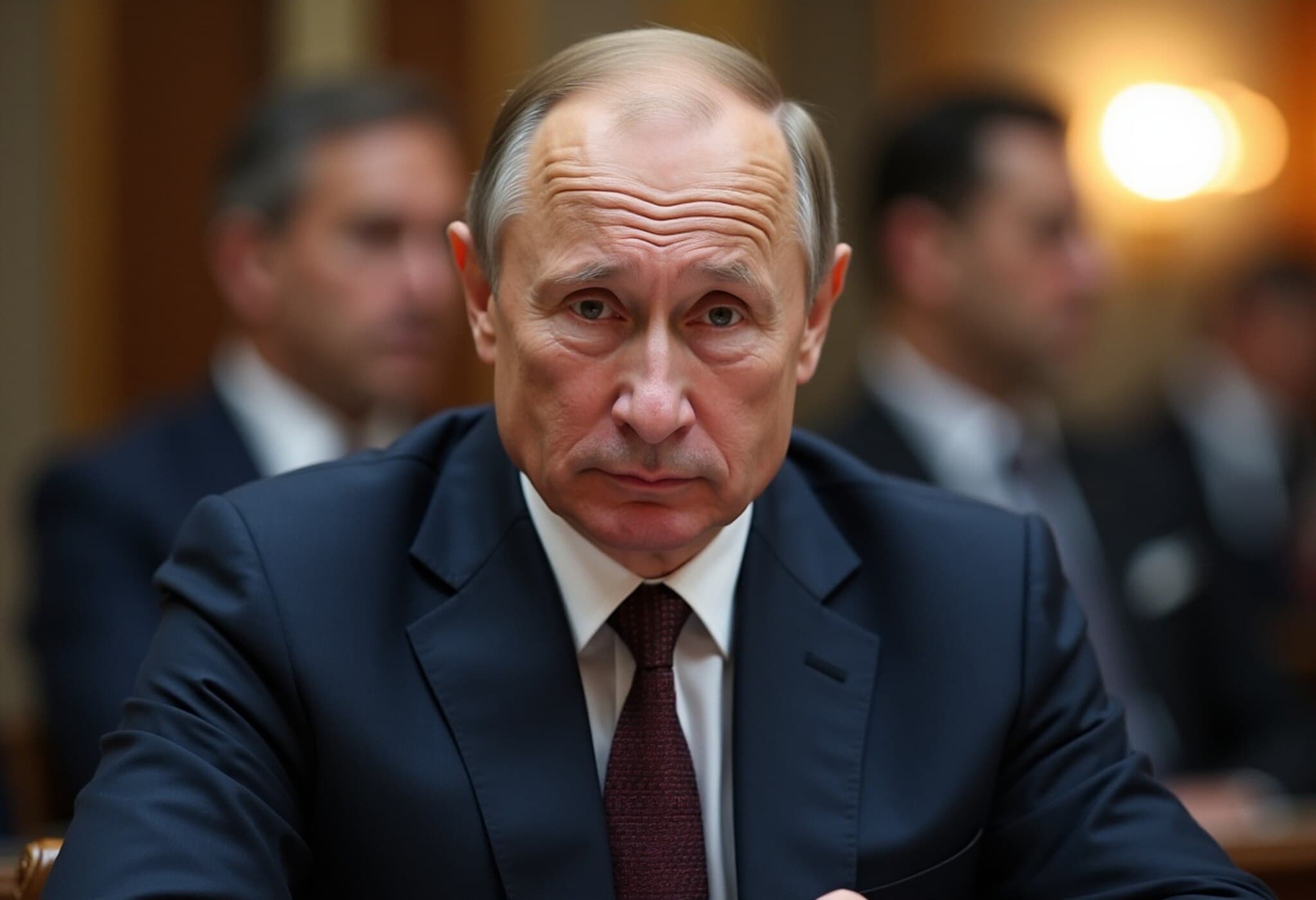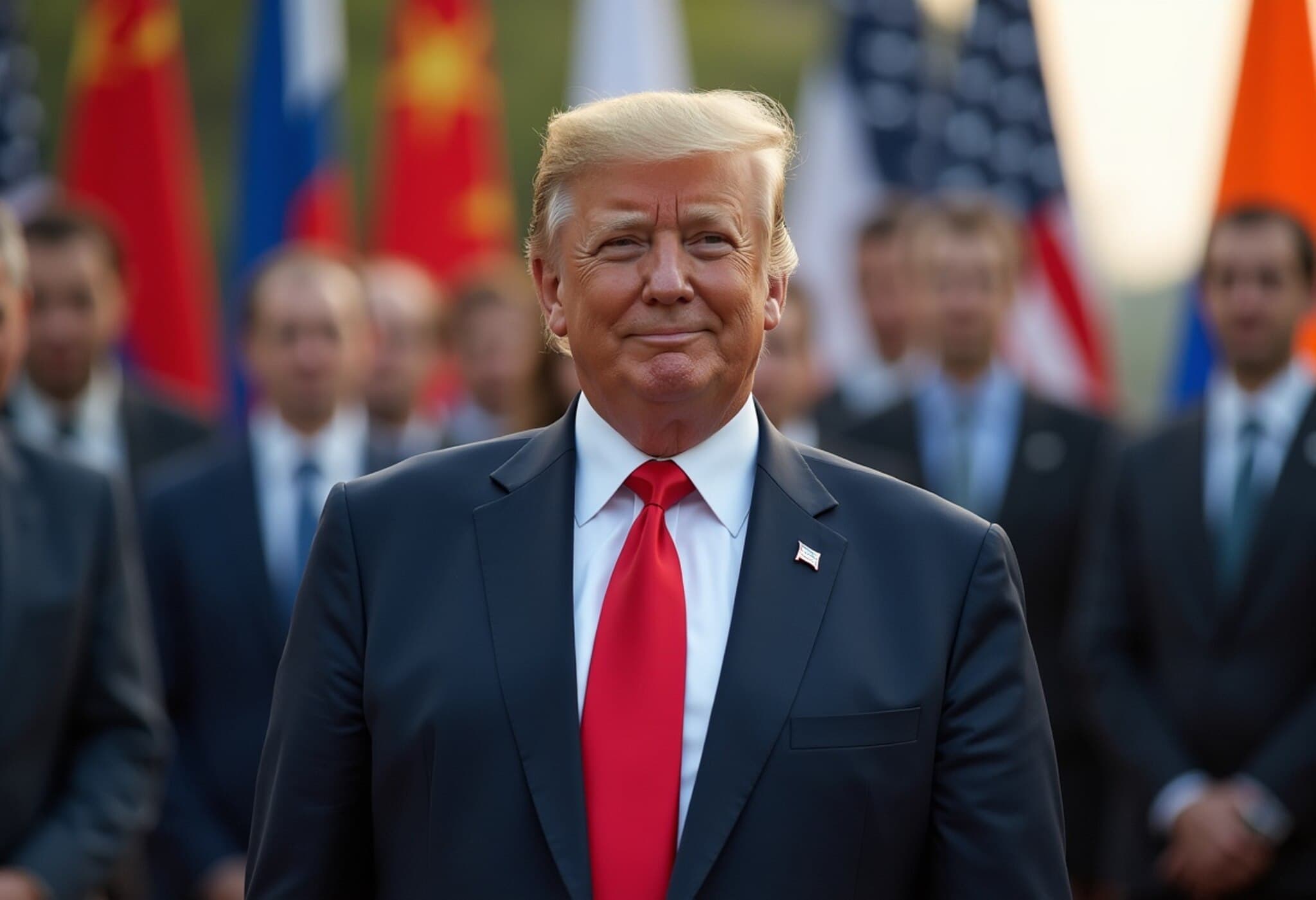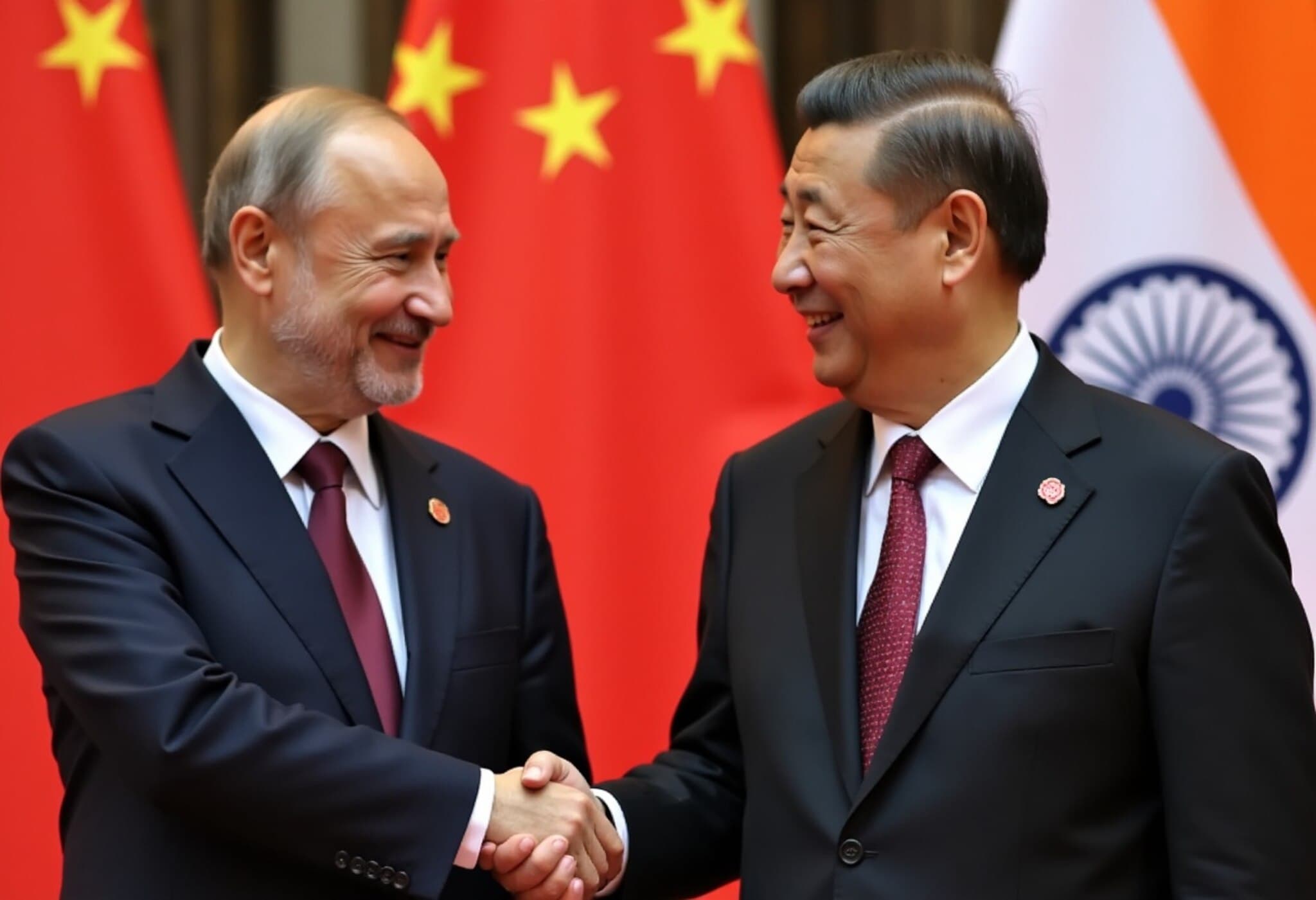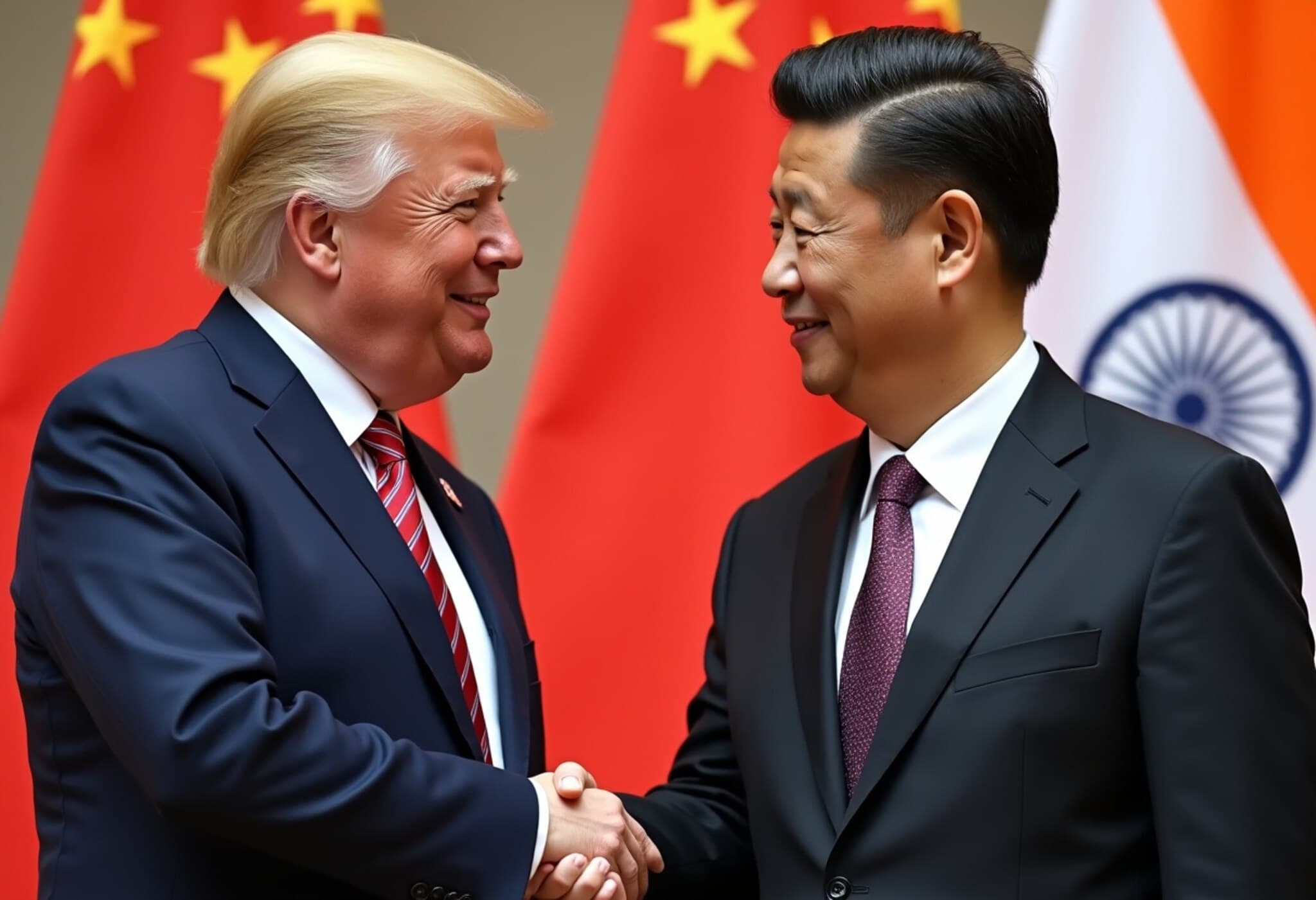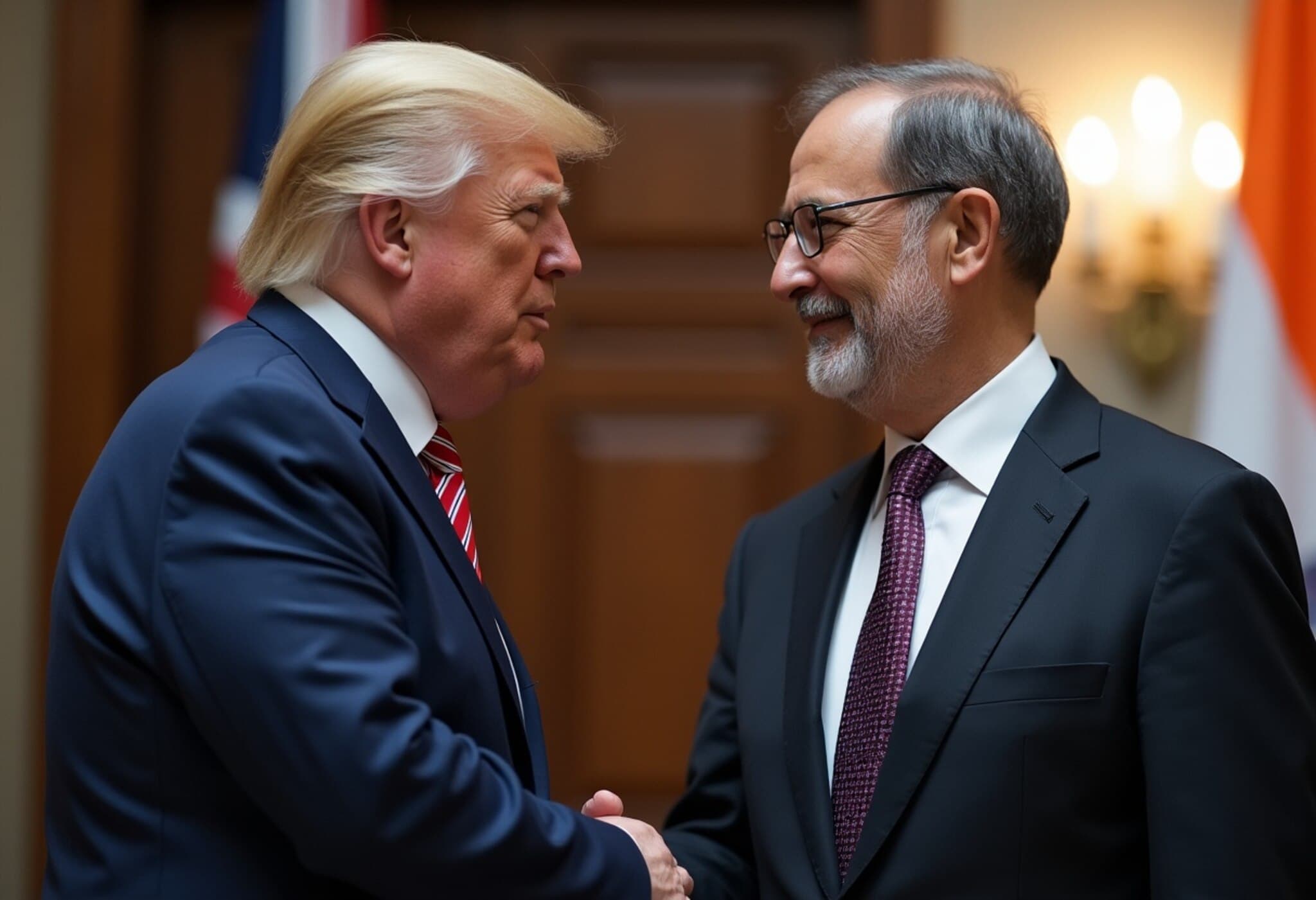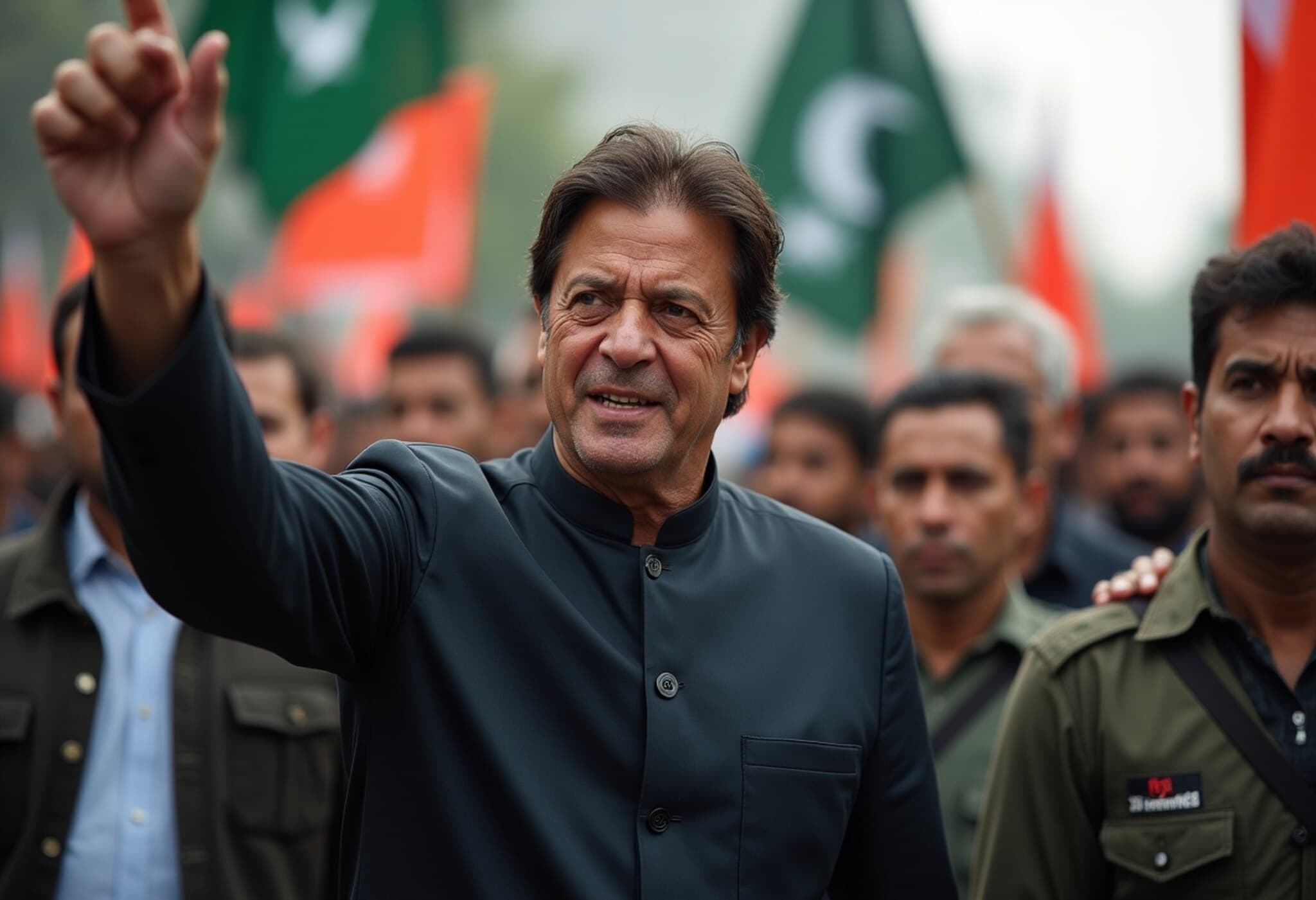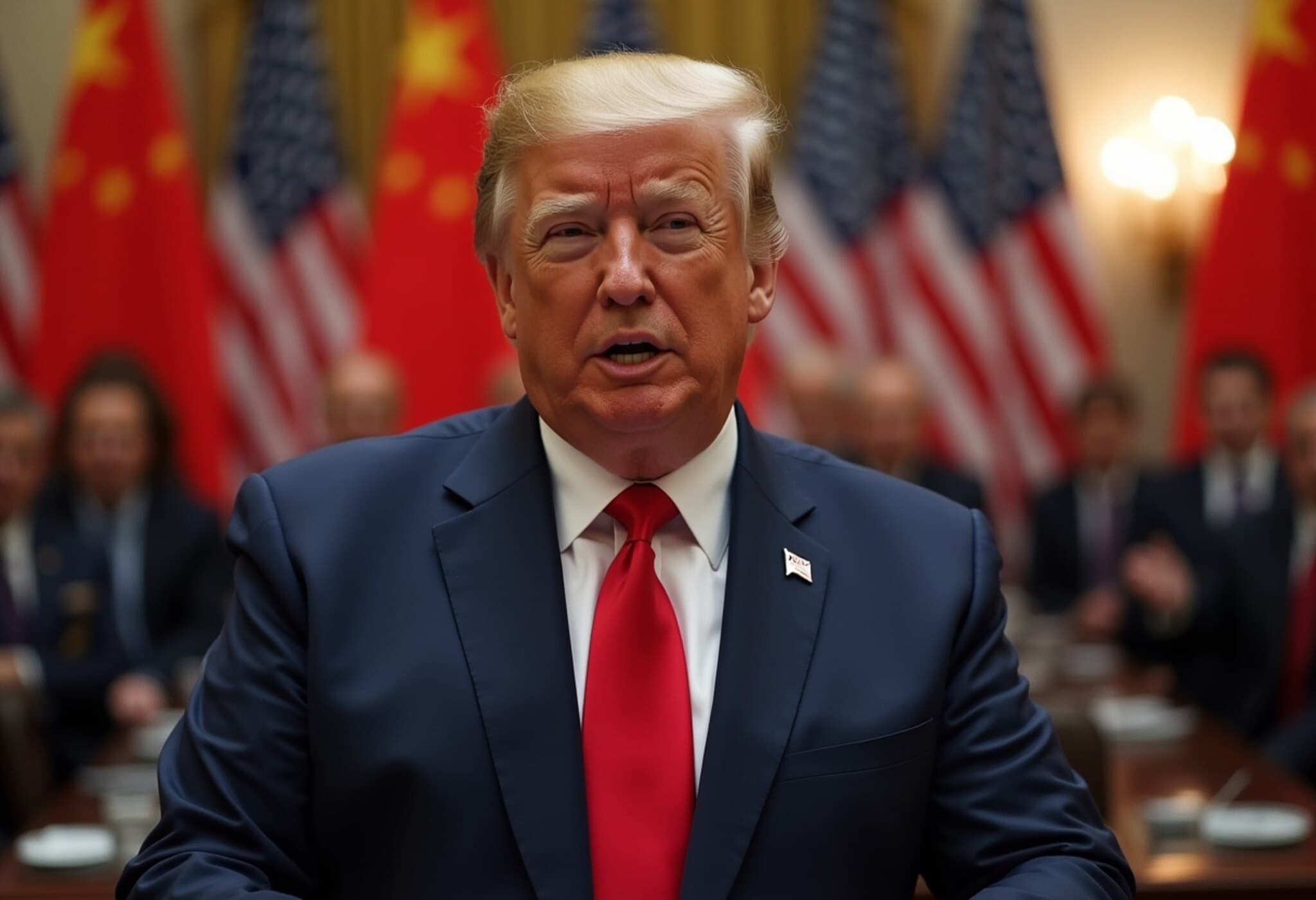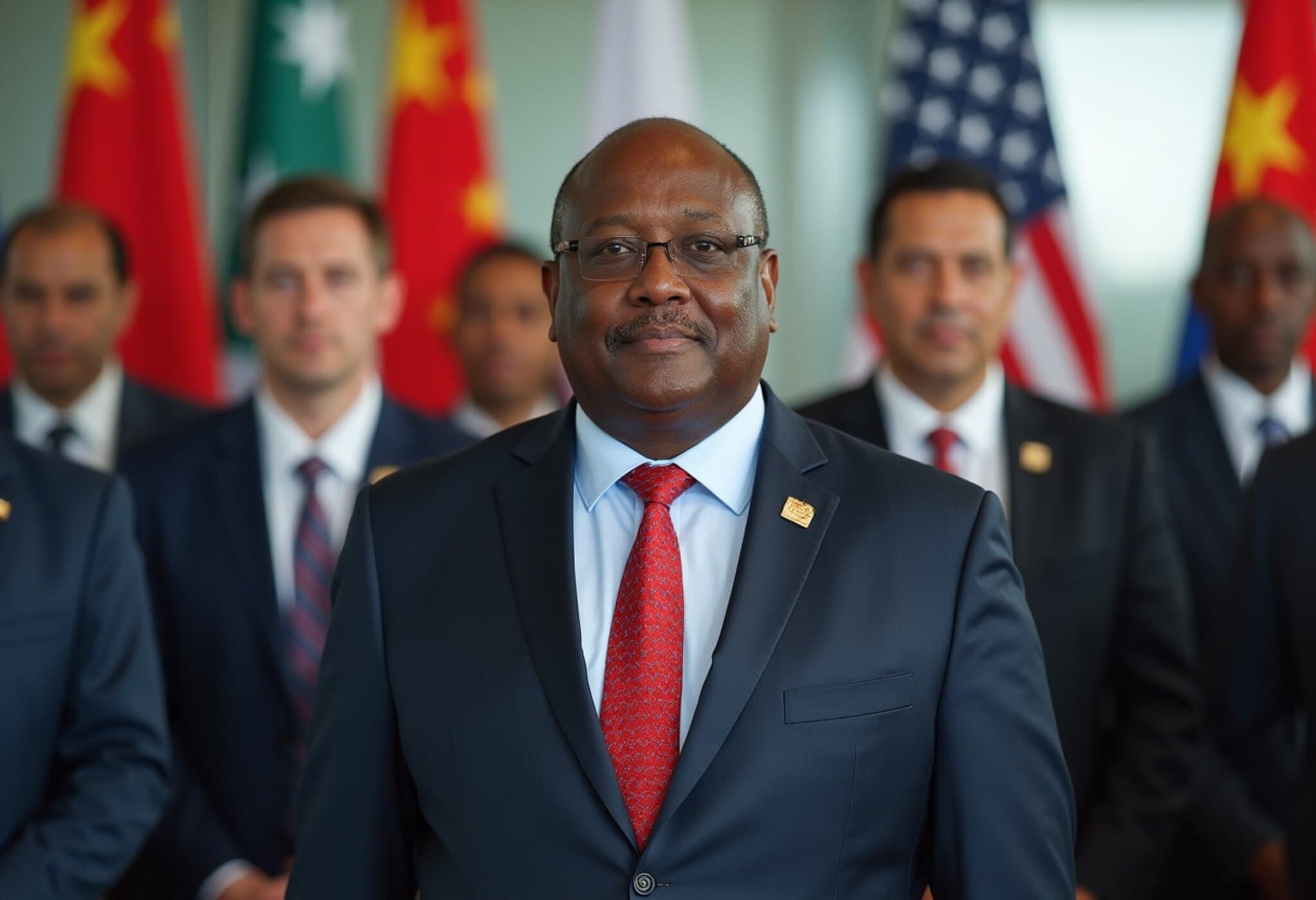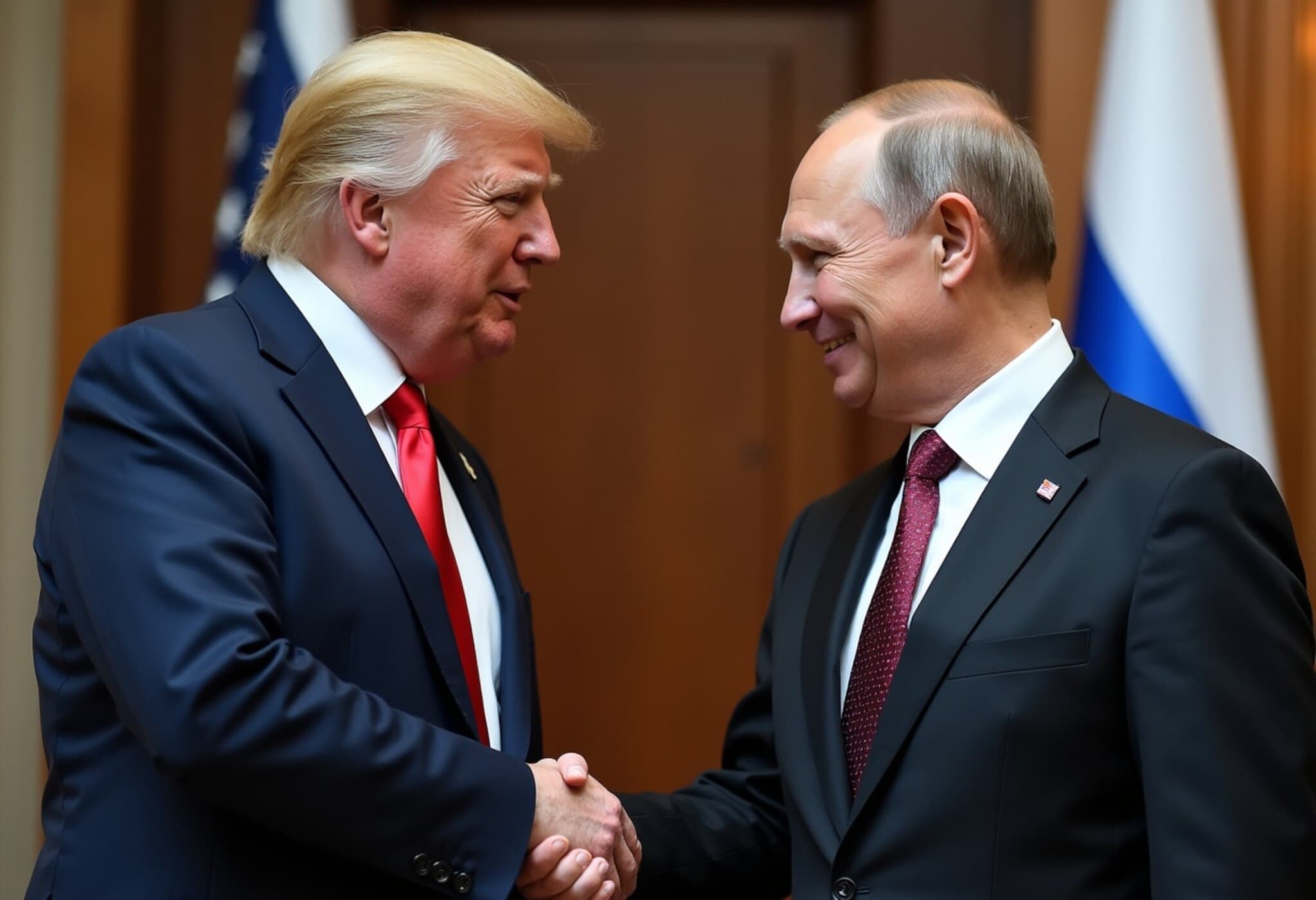Washington’s New Terror Designation: A Strategic Chess Move in Balochistan?
In a marked shift reflecting evolving geopolitical priorities, the Trump administration’s recent designation of the Baloch Liberation Army (BLA) as a Foreign Terrorist Organisation (FTO) shines a spotlight on more than just counterterrorism. Analysts and insiders suggest this move is intricately tied to America’s strategic ambitions to tap into Pakistan’s vast rare earth minerals, potentially recalibrating US-Pakistan relations amid rising US-China competition.
Asim Munir and Trump: Aligning Interests on Balochistan’s Volatile Front
Field Marshal Asim Munir, Pakistan’s Army Chief, appears to be leveraging US support to crack down on dissent within Balochistan, a mineral-rich yet conflict-ridden province. Official sources reveal that this crackdown dovetails with Washington’s encouragement, creating a platform for US mining companies to explore and extract critical minerals—resources integral to advanced technologies and the global supply chain.
Rare Earths: The Hidden Catalyst Behind the Designation
The rare earth deposits in Balochistan have long attracted global attention. However, their extraction remains mired in local opposition, insurgency, and geopolitical rivalries—particularly between China and the US. The Trump administration’s strategic calculus aims to reduce American reliance on Chinese rare earths, whose near-monopoly has strained trade talks and economic security.
Pakistan’s Diplomatic Playbook: Persuading Washington
Pakistan has made concerted efforts to underscore the importance of controlling the BLA for unlocking access to these “critical minerals.” By positioning the BLA as not only a security threat but also a significant obstacle to economic development, Islamabad has successfully intertwined its internal security agenda with US economic interests.
However, this delicate strategy raises critical questions: Will increased US backing embolden Pakistan's military approach in Balochistan? And how will local communities—historically wary of foreign intervention—respond to this new alignment?
Complex Terrain: Lessons from Afghanistan and Local Resistance
Diplomats caution that any militarized US involvement, akin to the protracted Afghan conflict, could face serious resistance. The rugged terrain and the Baloch people's deep-seated distrust of foreign powers add layers of complexity. Understanding the socio-political fabric here is crucial to avoid repeating history’s pitfalls.
China’s Strategic Calculus: Preserving Influence Amid New Dynamics
China’s response remains cautiously watchful. As a major investor, particularly through the China-Pakistan Economic Corridor (CPEC) and Gwadar Port initiatives, China has vested interests in maintaining stability and controlling resource flow from Balochistan.
Local resentment fueled by perceptions of exploitation under Chinese projects further complicates Beijing’s position. The emerging US presence, economically driven yet strategically potent, pressures both Islamabad and Beijing to renegotiate their influence.
A Rare Confluence: US, China, and Pakistan on BLA
Interestingly, despite often adversarial relations, the US and China may find unusual alignment in backing Pakistan’s internal security efforts against the BLA—albeit for divergent motivations. This scenario raises a nuanced dynamic in regional geopolitics, where alliances become less about ideology and more about pragmatic interests.
Looking Ahead: Implications and Critical Questions
- Can Pakistan balance internal security demands with equitable resource development that respects local autonomy?
- Will US strategic investment in Balochistan open new economic corridors, or deepen local grievances?
- How might China recalibrate its regional strategy in response to increased US economic footprints?
- Is the designation of BLA as an FTO a precursor to deeper US involvement, or a diplomatic tool to advance resource access?
Expert Insight
From a policy perspective, this development underscores a broader US approach to resource security as integral to national defense—especially as rare earths become critical for military technologies, clean energy, and electronics. Pakistan’s navigation of these complex waters could define its geopolitical trajectory for years to come, balancing sovereignty, foreign relations, and regional stability.
Editor’s Note
The designation of the BLA as a terrorist organisation by the US is more than a counterterrorism move—it signals an intricate geopolitical game grounded in rare earth mineral competition between global powers. As Pakistan’s military leadership aligns with US economic and security interests, local repercussions and regional power plays demand close scrutiny. Readers should watch how this affects Balochistan’s political landscape, US-China rivalry, and broader South Asian stability.



